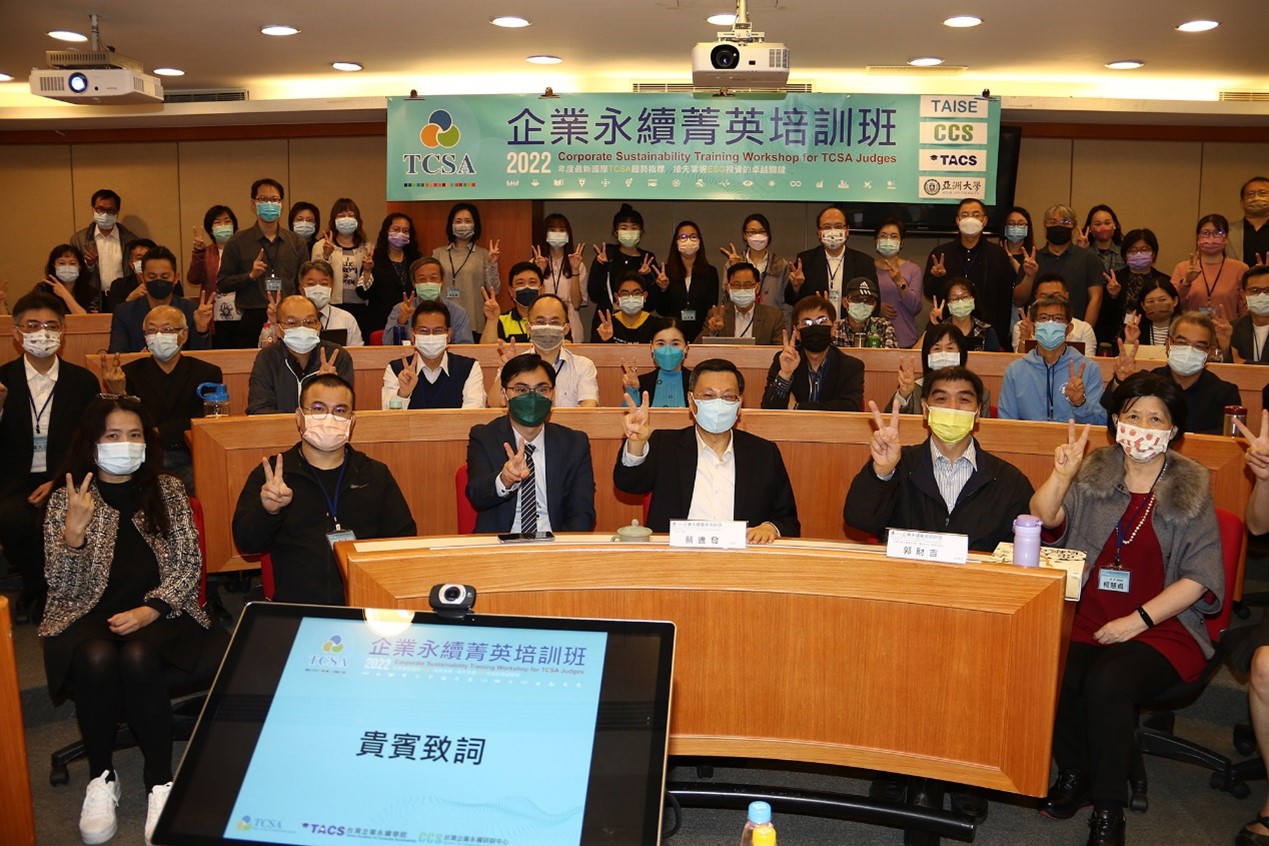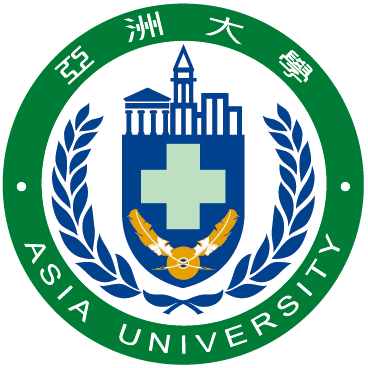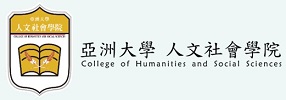
As an urgent response to the dire effects of global warming and climate change on human life, starting from January 2022, AU held a series of “Sustainable Development Goals (SDGs)” lectures. For these lectures, Professor Jeffrey J.P. Tsai, President of Asia University, invited eight renowned and eminent scholars and specialists in this field to share their experiences and insights with AU faculty and staff. Moreover, AU also launched two workshops on March 29 and 30: “Corporate Sustainability Training Workshop” and “Net Zero Emissions Training Workshop,” for corporate decision makers and small and medium business owners to run their enterprises sustainably. President Tsai observed that AU has been keen and responsive to the environmental issues and now considers sustainable development as one of the long-term goals of university governance.
The eight lectures comprised: “SDGs and AI in Water Resources Sustainability, “ by Bn Hsieh, the General Manager of Wo-Long AI & Environmental Co., Ltd.; “Striving towards Corporate Sustainability-ESG Practices from Delta Electronics,” by Jesse Chou, Chief Sustainability Officer and Spokesperson of Delta Electronics, Inc.; Taking Climate Change Seriously for Sustainable Development,” by Jiunn-rong Yeh, Chair Professor, National Taiwan University; “Challenges and Opportunities for Sustainable Development in Universities,” by Eugene Chien, Chairman of Taiwan Institute for Sustainable Energy; “Endangered Creatures- Global Rescue,” by Professor Chia-Wei Li, Institute of Molecular and Cellular Biology, National Tsing Hua University; “TCC Group Carbon Reduction Effort,” by Jong-Peir Li, President, Taiwan Cement Corporation; “Inventory and Assessment of Carbon Footprint,” by Professor Tsai Chi Kuo, School of Management, National Taiwan University of Science and Technology; and “SDGs Sustainable Development,” by Honorary Chairman Chun-Chi Chou of SINYI Charity Foundation.
These specialists and scholars also proposed in their lectures some action plans to the university. Bn Hsieh, for example, advised AU to upgrade its existing environment monitoring system by using AI techniques to further reduce the emission of carbon dioxide and by adopting a smart irrigation system to maximize efficient use of recycled water for lawns and flowers. Jesse Chou suggested that AU work on energy conservation, certified green building, renewable energy certificates and the cultivation of ESG seed teachers to fulfill the university’s social responsibility.
Jiunn-rong Yeh talked about environmental justice for the next generation by considering the potential threats to bearing capacity and economic internalization behind the sustainable development. Eugene Chien also pointed out that climate change will change the course of academic teaching and research, and the university needs to respond to that with more specifically future-oriented plans. Chia-Wei Li emphasized the importance of ex-situ bioremediation. Jong-Peir Li emphasized that it is everyone’s responsibility to save energy and reduce carbon emission if we want to minimalize the disaster caused by climate change.
“AU will implement the objectives of SDGs,” President Tsai further asserted, “in course designs and university governance. Courses related to Net Zero and Carbon Neutral will be taught university wise. Additional energy issues such as carbon emissions, carbon pricing, carbon tax, carbon trade, and others will also be part of this environmental sustainability study.”


